Social Justice
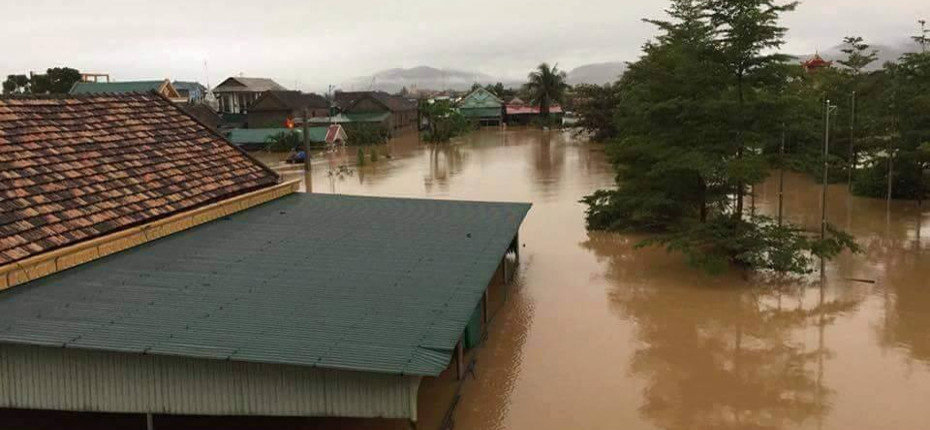
Jesuit Mission Australia provides aid in flood-ravaged Vietnam
Jesuit Mission is working with local Catholic Church groups to provide urgent emergency response to families affected by severe floods in Central Vietnam. Over 600,000...read more
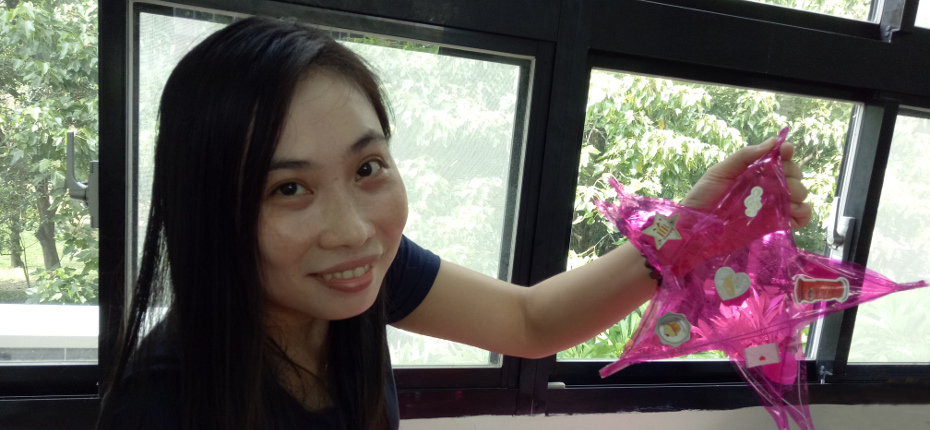
The most heart-warming Mid-Autumn Festival
The mooncakes might have been hard and the lanterns dim but this celebration of the Mid-Autumn Festival was the most heart-warming one the migrant workers...read more
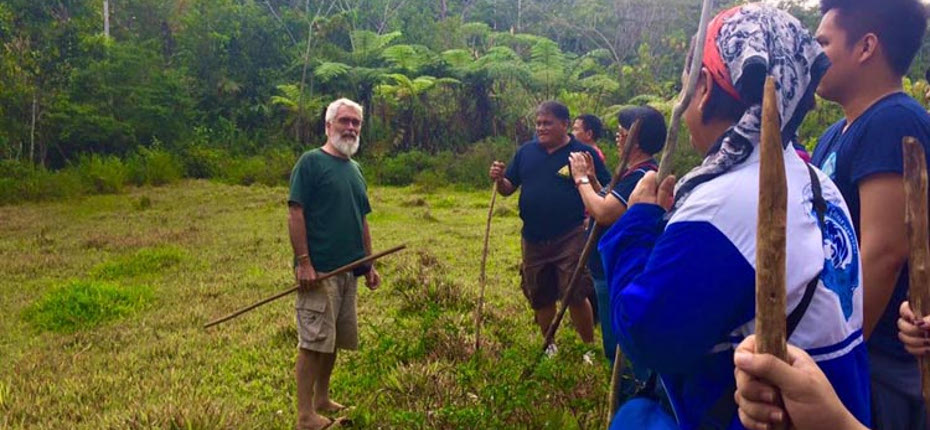
Sharing a deeper hope
We have already been reminded many times by the Holy Father of the needs at the frontiers, and of an education that serves the long...read more
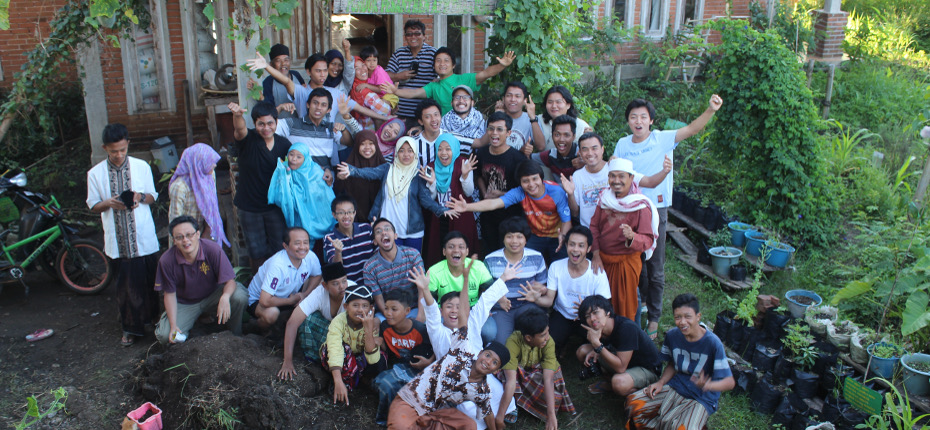
The simple life as a symbol of resistance
Indonesian scholastic Tiro Daenuwy SJ shares what he learnt from his immersion experience in an Islamic boarding house in Garut, West Java, Indonesia. The five-day...read more
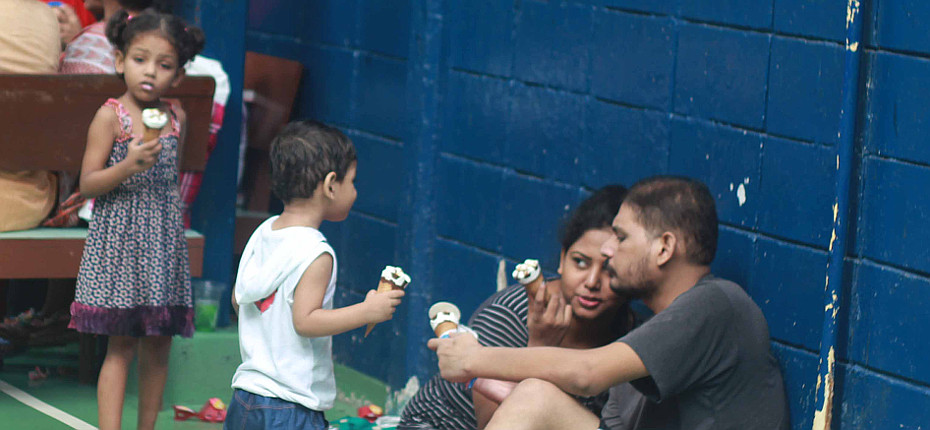
Reuniting families separated by detention
Seeing divided families is a painful sight and this is often the case in immigration detention centres where women and men are held in separate...read more

Jesuits in Korea and Japan confront ethnic reconciliation
August is a symbolic month dedicated to peace movements in Japan. Seventy-one years have passed since the defeat of Japan in the Second World War,...read more
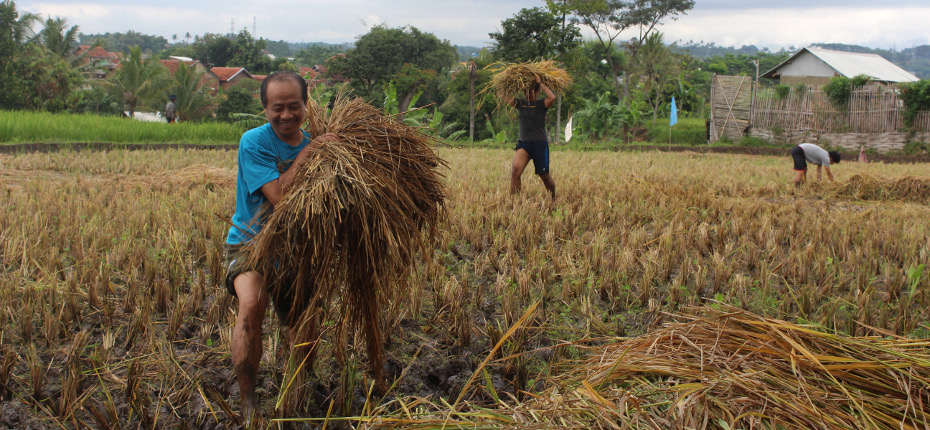
A beacon of hope
Indonesian scholastic Tiro Daenuwy SJ shares what he learnt from his immersion experience in an Islamic boarding house in Garut, West Java, Indonesia. The five-day...read more
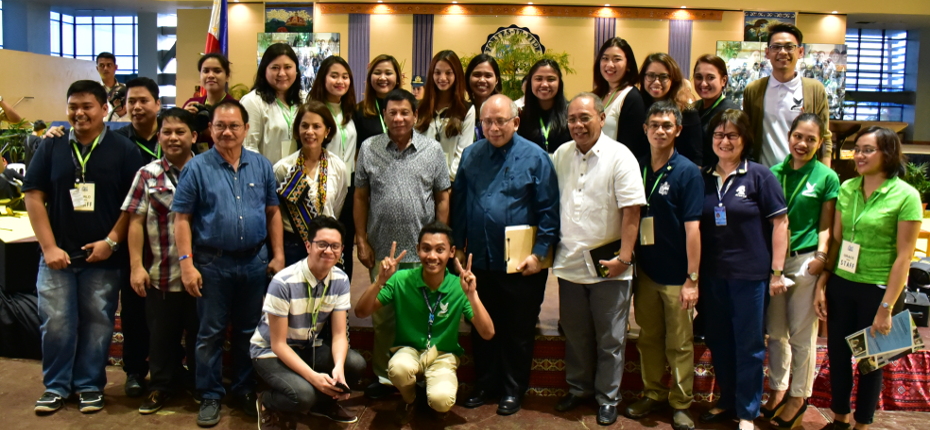
Ateneo de Davao University underscores commitment to the environment
The southern Philippine island of Mindanao is home to an abundance of natural resources, chief among them are forests and aquatic resources that sustain and...read more

In Motion videos on refugee stories
“I have a big dream for my son. I myself wish to be an educated man, and I want my son to become one too. ...read more
